
75 Washington St
Paterson, NJ 07501 - Passaic County
(973) 345-9704
About Kim Poultry:
Kim Poultry is located at 75 Washington St in Paterson, NJ - Passaic County and is a business listed in the categories Poultry Farms, Poultry and Chicken. After you do business with Kim Poultry, please leave a review to help other people and improve hubbiz. Also, don't forget to mention Hubbiz to Kim Poultry.
Categories: Poultry Farms, Poultry and Chicken
Check the content below for useful Tips & Advice
7 Problems with Backyard Chickens
Free-range chickens are a lot of fun and provide a wonderful supply of eggs, but there are always a few problems. Here are seven common issues.
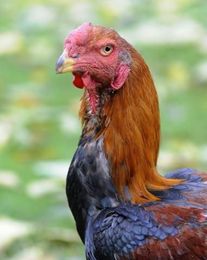
An Open Letter to the Neighbor who hates our Chicken Houses
Growing up in a tight-knit agricultural community I assumed besides the occasional smell, our neighbors had no problems with our chicken h...
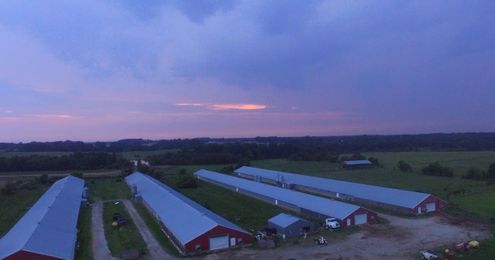
Brown or White? Cage or Cage-Free? Here’s How to Pick the Best Eggs
A poultry expert unscrambles the jargon on your egg carton
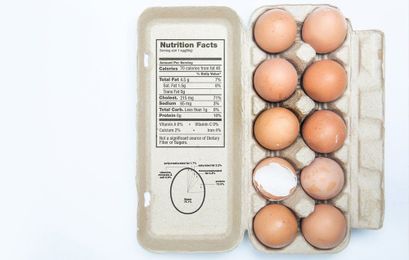
The Food Lab: How to Roast Spatchcock Chicken (Butterflied Chicken)
Making a simple but perfect roast chicken is a technique that should be in every home cook's arsenal. But the reality is that perfection is difficult to achieve, especially if you're trying to roast that chicken whole. The problem is that chicken breasts dry out if cooked beyond 150°F (66°C) or so, but legs need to come up to 175°F (80°C). Spatchcocking, or butterflying, is the solution: By flattening out the chicken, you expose its legs to higher heat, helping them cook a…
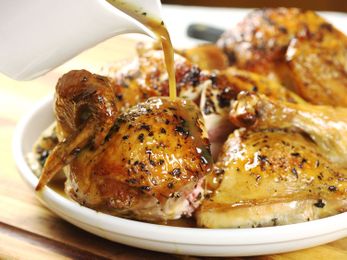
Why You Should Not Wash Meat or Poultry
15 Sec - Washing raw poultry, beef, pork, lamb, or veal before cooking it is not recommended. Bacteria in raw meat and poultry juices can be spread to other ...
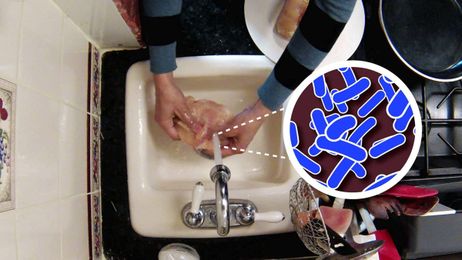
How To Wrap Meat For Freezing
Freezing meat is a great way to extend its freshness, but Chef Brannon Soileau of The Culinary Institute of America says it's important to keep oxygen aw...
Ground, Processed Poultry More Likely To Carry Salmonella Risk
Susanne Byerly can laugh now, four years later, talking about how she and her husband were trying to eat healthy food when they bought ground turkey for
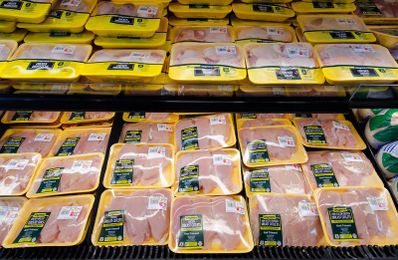
Poultry litter as a fertilizer: Doing it efficiently and accurately
There is no doubt that using poultry litter to improve the fertility of our soils can be very advantageous to farmers

Backyard Poultry Tips Taught to 4-H’ers
Nearly a dozen 4-H youth and their parents attended a forum style session to discuss backyard poultry production with small farms Extension specialist Nancy Glazier at the Cornell Cooperative Extension

The Cut of Chicken Your Butcher Doesn't Even Know About
Somebody really ought to tell your butcher about the best way to prep poultry for schnitzel, saltimbocca, and the perfect chicken sandwich.
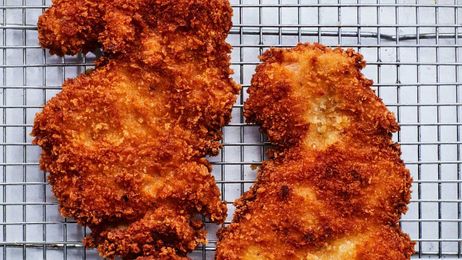
6 alternative energy ingredients to feed broilers
Alternative feed ingredients abound, and although they take some knowledge to be used properly, they can lower feed costs for an industry that measures profitability in cents instead of dollars per head.

The next frontier for the animal-welfare movement? Broiler chickens.
The animal-welfare movement is on the verge of ending confinement practices that keep pigs in gestation crates and hens in tight cages. What comes next? “Broilers or bust,” decla…
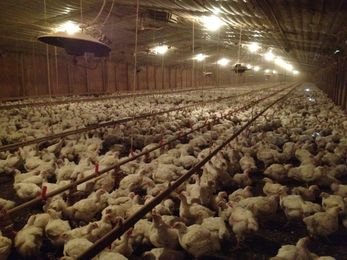
Modern Farmer: 9 Backyard Gardens with Chickens
Is a backyard garden complete without a coop? The last few years have seen a surge in popularity of chicken-keeping, making chickens as much at home in the
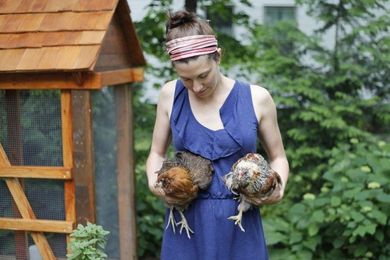
Enriched environments may aid chickens' response to stress
Chickens in both simple and enriched environments were equally optimistic before being exposed to stress.
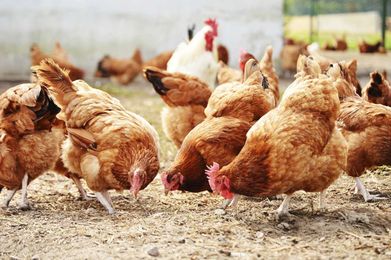
Better Poultry Labels Could Aid Consumers
Most consumers care about the living conditions of the chickens they eat, but today’s labels leave them “unaware and confused,” according to Leonie Jacobs, assistant professor of animal and poultry
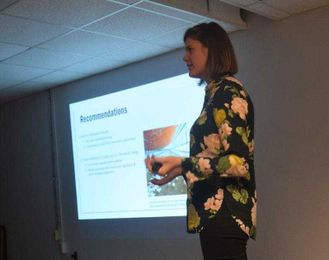
Poultry farmers encouraged to protect their flock from HPAI
Decreased egg production and depression in layers may be another sign that birds are not feeling well.
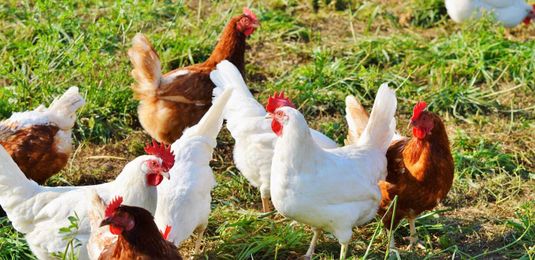
Digestibility top reason for phytogenic feed additives
The desire to improve feed efficiency, reduce antibiotic usage, lower the environmental footprint and optimize gut performance all contribute to the industry’s increased interest in PFAs.

